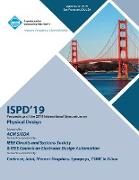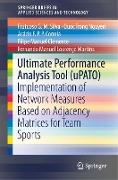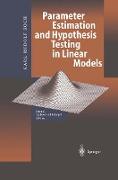ISPD'19
BücherAngebote / Angebote:
On behalf of the organizing committee, we are delighted to welcome you to the 2019 ACM International Symposium on Physical Design (ISPD), held in San Francisco, California. Continuing the great tradition established by its twenty-seven predecessors, which includes a series of five ACM/SIGDA Physical Design Workshops held intermittently in 1987-1996 and twenty-two editions of ISPD in the current form since 1997. The 2019 ISPD provides a premier forum to present leading-edge research results, exchange ideas, and promote research on critical areas related to the physical design of VLSI and other related systems. The regular papers in the ISPD 2019 program were selected after a rigorous, month-long, double-blind review process and a face-to-face meeting by the Technical Program Committee (TPC) members. The papers selected exhibit latest advancements in a variety of topics in physical design, including emerging challenges for current and future process technologies, FPGA architectures, placement, detailed routing, floorplanning and interconnect planning, partitioning techniques, manufacturability and yield optimization, timing and crosstalk issues, analysis and management of power dissipation, hardware security, placement and routing approaches of networks on chips, gate sizing and clock skew scheduling, electromigration, and application of machine-learning based techniques to physical design. The ISPD 2019 program is complemented by three keynote addresses, thirteen invited talks, a FPGA special session on advances in adaptable heterogeneous computing and acceleration, a cyber physical systems session, the detailed routing contest session results, the ISPD lifetime award tribute session, and a special panel discussion session on machine learning in physical design, all of which are delivered by distinguished researchers from both industry and academia.There will be other invited talks interspersed with the presentations of the regular papers. The topics of the invited papers range from advanced FPGA architectures for heterogenous and adaptive computing, large-scale graph analytics FPGA acceleration, electromigration-aware interconnect design, deep learning applications and infrastructure enablement in physical design, electromigration-aware physical design, recent advances in analog layout synthesis, among others.
Folgt in ca. 10 Arbeitstagen




